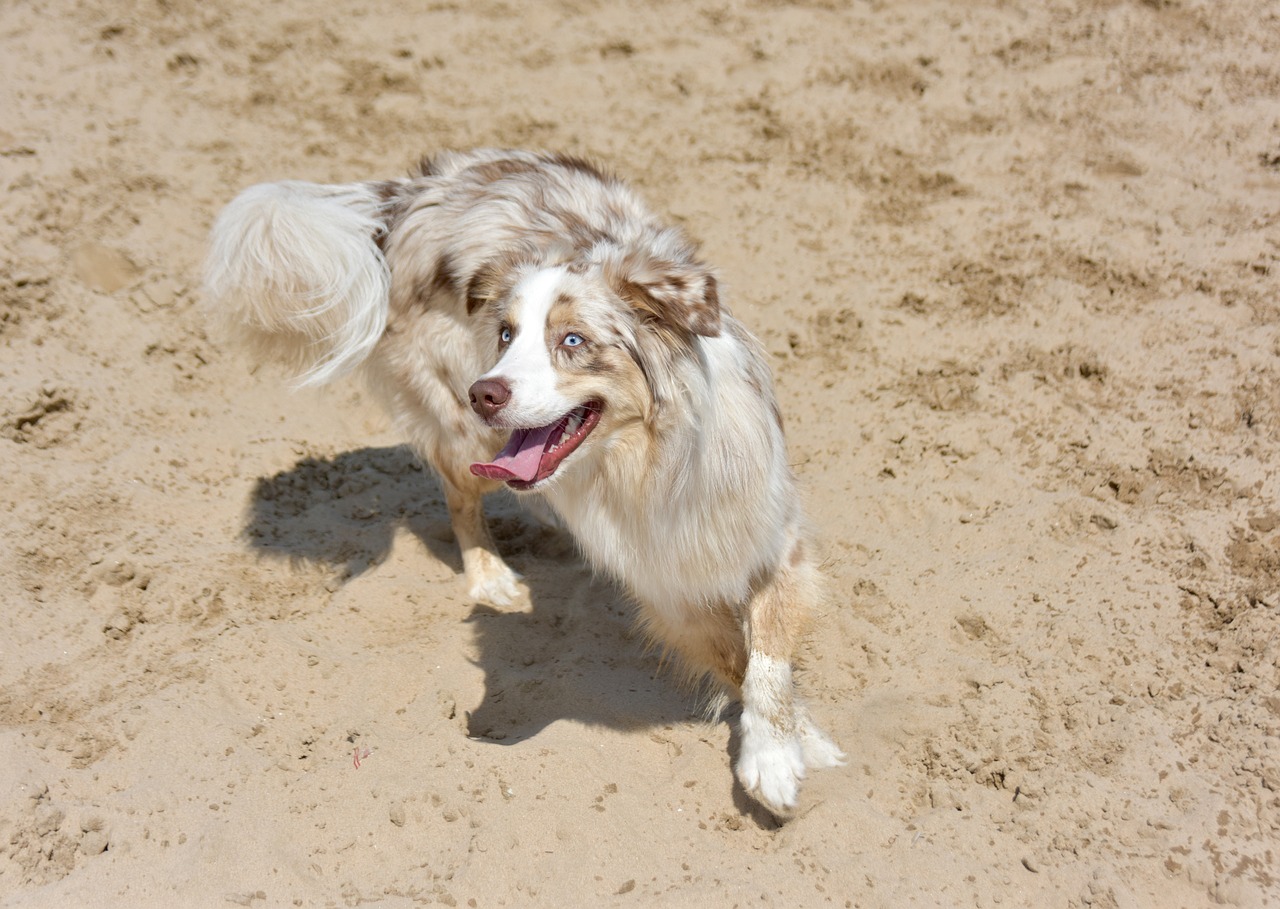The strange behavior of dogs urinating before defecating has puzzled and delighted pet owners for years. This pre-elimination ritual dance is more than just a strange habit; It is a complex behavior rooted in the dog’s instinctual and environmental interactions. Delving deeper into the reasons behind this behavior reveals insights into canine biology, ecological sensitivity, and ancestral instincts. Understanding why dogs engage in this strange ritual before relieving themselves can enhance our understanding of dog behavior and how domesticated animals have preserved specific instinctive actions. By exploring the various factors that contribute to this behavior, from territorial instincts and magnetic sensitivity to personal comfort and routine, we can appreciate the complexity of what may initially seem like a simple or humorous quirk in our canine companions. .
Territorial marking and communication
One reason dogs roll before defecating is related to territorial marking and communication. Dogs have scent glands in their anal area, and the act of defecation is one way they mark their territory, leaving a scent that signals their presence to other dogs. By moving around and choosing the right location, dogs are not only preparing to relieve themselves, but also considering the strategic importance of location in scent marking. This behavior is rooted in their tendency to claim territory and communicate with other dogs through olfactory cues, which is a fundamental aspect of dogs’ social behavior. The ritual of spinning and selecting an ideal location maximizes the effectiveness of their scent marking, ensuring that their message gets across to companion dogs passing nearby.
magnetic susceptibility
Research has suggested that dogs may be sensitive to the Earth’s magnetic field, and this sensitivity may have affected their roaming behavior prior to elimination. Studies have shown that dogs prefer to align themselves along a north-south axis when defecating. This alignment with the Earth’s magnetic field may be a way for dogs to orient themselves and find balance or comfort before defecating. Wandering behavior may be a part of this process, as dogs seek optimal alignment with the magnetic field. This fascinating aspect of dog behavior highlights the potential influence of natural forces on animal behavior, showing that dogs have a complex relationship with their environment that influences even the most basic functions.
Seeking comfort and security
The behavior of rolling around before defecating can also be attributed to the dog’s instinctive search for comfort and security. Dogs are vulnerable when in the wild, so choosing a safe location is important for their well-being. Walking around and sniffing before going potty helps dogs make sure the area is safe and creates a comfortable place to do their business. This behavior is a remnant of their ancestral need to remain alert and protect themselves from predators during vulnerable moments. Even in the safety of the backyard or while out on a walk, domestic dogs maintain this instinctive behavior, demonstrating the deep roots of this bizarre habit.
Building routines and habits
For many dogs, walking before defecation may be a matter of forming a routine or habit. Dogs are creatures of habit and often ritualize specific behaviors before settling down to eliminate them. This consistency in behavior helps them feel safe and can aid in the physical process of elimination. The spinning action may be a part of their daily routine, a ritual that signals to their body that it is time to relieve itself. This aspect of behavior underlines the importance of routine in a dog’s life and how specific actions become incorporated into their daily activities.
Health and leisure ideas
In some cases, toileting behavior may be influenced by health and comfort considerations. Dogs experiencing discomfort or problems related to their digestive tract may engage in rolling as a way of finding a position that minimizes discomfort during elimination. Similarly, older dogs or dogs suffering from joint pain may wander around as they seek a comfortable sitting position or raise their legs. Observing this behavior, especially if it is a new development or accompanied by signs of distress, may be a signal for pet owners to assess their dog’s health and consult a veterinarian if necessary. Is. This perspective on roaming behavior underscores the importance of careful observation for the well-being and comfort of our canine companions.
communication with humans
Finally, the behavior of roaming before defecation may serve as a form of communication with their human companions. Dogs are highly attuned to their owners’ reactions and reactions. If a dog notices that his wandering behavior gets his owner’s attention or reaction, he may be more likely to repeat the behavior in the future. This form of communication may be the dog’s way of signaling that they are about to eliminate, making sure they are in the appropriate place or seeking approval. This is evidence of the complex ways in which dogs use their behavior to interact with and respond to their human family members, highlighting the depth of the dog-human bond and the ongoing dialogue between the species.
The behavior of dogs roaming before defecation is a multidimensional phenomenon that interlinks innate habits, environmental sensitivity, and personal comfort. From territorial marking and magnetic sensitivity to the pursuit of security and the power of routine, this strange habit reveals much about the complex nature of dogs’ behavior and their interactions with the world around them. Understanding these underlying causes enriches our perspective on our canine companions, providing insight into the innate and environmental factors that shape their actions. By appreciating the complexity behind this seemingly simple behavior, we can form a deeper connection with our pets, recognizing the complex ways in which they navigate their lives with us.

